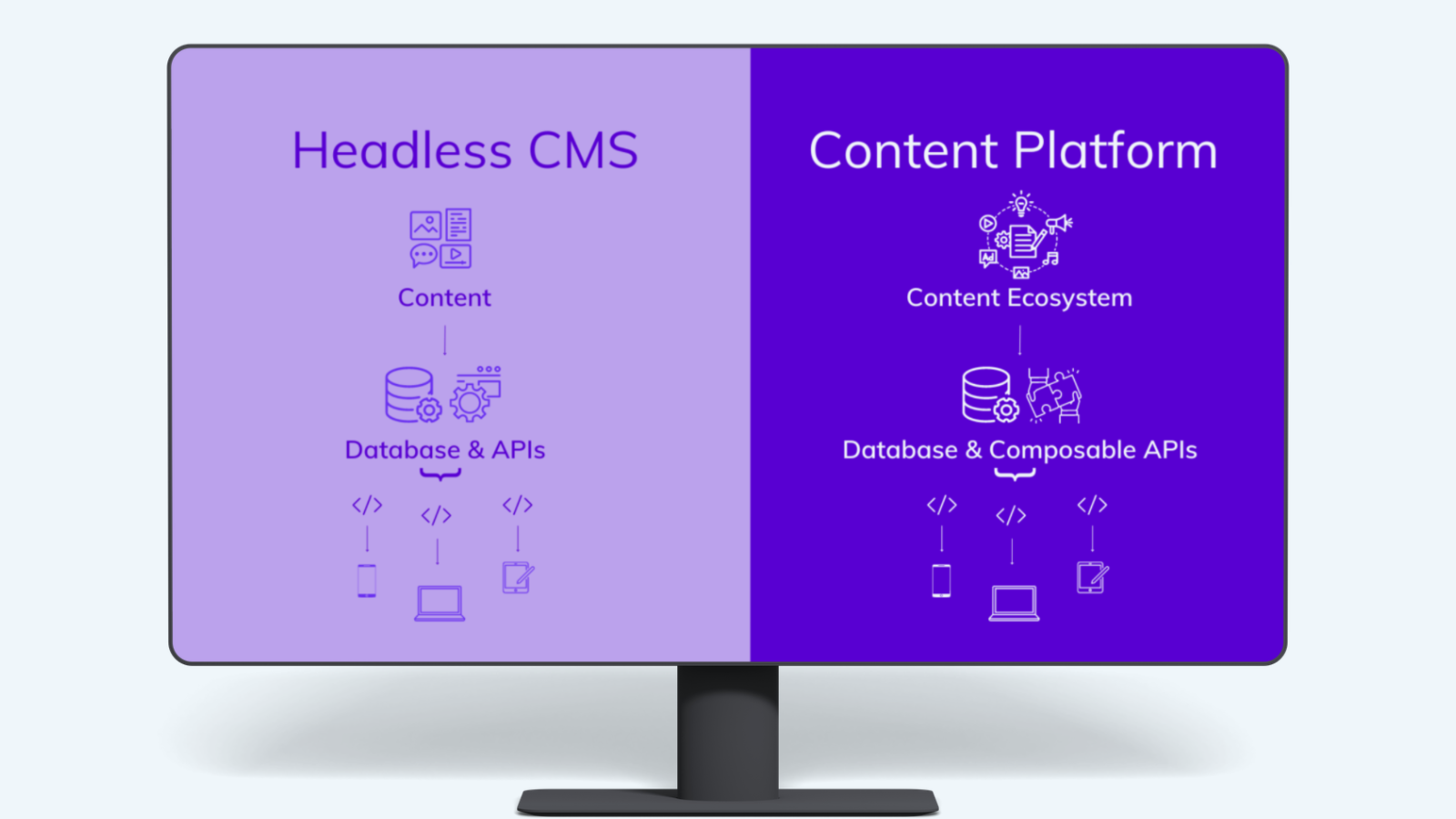CMS, Content Platform, or DXP?
Discover CMS, content platforms, and DXPs, how they handle content and user experiences. Real-world examples like WordPress, Contentful, and Sitecore included.

In the rapidly evolving landscape of digital experiences, finding the right tools to manage, optimize, and deliver content is key.
Whether you're a blogger, a marketer, or an enterprise, understanding the differences between a Content Management System (CMS), a Content Platform, and a Digital Experience Platform (DXP) is crucial for crafting a successful online presence.
In this article, I will explore these concepts, highlight their unique features, and provide real-world examples to help you make an informed decision for your digital strategy.
CMS: Content Management System
A CMS is the foundation of content creation and publishing. It empowers individuals and small businesses to manage their digital content seamlessly. Popular examples like WordPress, Joomla, and Drupal offer user-friendly interfaces and pre-designed templates to simplify the process. A CMS is perfect for bloggers, content creators, and small websites.
Read more: The right CMS for your online content
Content Platform
A content platform expands beyond content creation, focusing on optimizing content experiences. It includes tools for content distribution, personalization, and integration with marketing technologies.
Contentful is a prime example of a content platform that lets businesses tailor content for various channels and devices, enhancing the overall user experience.
In essence, the composability of a content platform is a key feature that sets it apart from traditional CMS systems, providing a more agile and adaptable solution for managing and delivering content across various channels and platforms.
Read more: Understanding Content Platforms
DXP: Digital Experience Platform
A DXP takes content management to the next level by offering a comprehensive suite of tools for creating seamless digital experiences. It combines content management with features like personalization, e-commerce, analytics, and customer data management.
Enterprises looking to deliver sophisticated and tailored experiences across various touchpoints can benefit from a DXP. Notable examples include Sitecore Experience Platform.
Read more: Intro DXP
Comparing the Concepts
Let's compare the three options on key concepts.
Focus and Purpose:
- CMS: Primarily manages content creation, editing, and publishing.
- Content Platform: Emphasizes content optimization and distribution across channels.
- DXP: Offers a holistic approach to creating cohesive digital experiences.
Target Audience:
- CMS: Ideal for individual bloggers and small businesses.
- Content Platform: Suited for marketing teams and businesses aiming to optimize content experiences.
- DXP: Geared towards enterprises seeking comprehensive digital experience solutions.
Key Features:
- CMS: Content creation, templates, basic content organization.
- Content Platform: Content distribution, personalization, integration with marketing tools.
- DXP: Content management, personalization, e-commerce, analytics, customer data management.
Real-World Examples
The differences can be fuzzy because there is overlap. Let me give some real-world examples:
- WordPress (CMS): Rob, a tech-savvy blogger, uses WordPress to effortlessly manage and publish articles about web technologies and online marketing. Its simple interface and customizable themes suit his content creation needs perfectly.
- Contentful (Content Platform): A marketing team at an e-commerce company relies on Contentful to create, optimize, and distribute content tailored for various devices and channels. This ensures a consistent and engaging experience for customers.
- Sitecore Experience Platform (DXP): A multinational corporation chooses Sitecore Experience Platform to provide personalized digital experiences for its diverse audiences, integrating content management, analytics, and e-commerce capabilities.
Conclusion
When selecting the right platform for your digital strategy, consider your goals, audience, and the complexity of your online presence. A CMS is perfect for bloggers and smaller websites, while a content platform like Contentful suits marketing teams aiming to optimize content experiences.
For enterprises seeking comprehensive solutions, a DXP like Sitecore Experience Platform offers a wide array of tools to create seamless and engaging digital journeys. By understanding these concepts and their unique features, you can make an informed decision that aligns with your digital ambitions.





